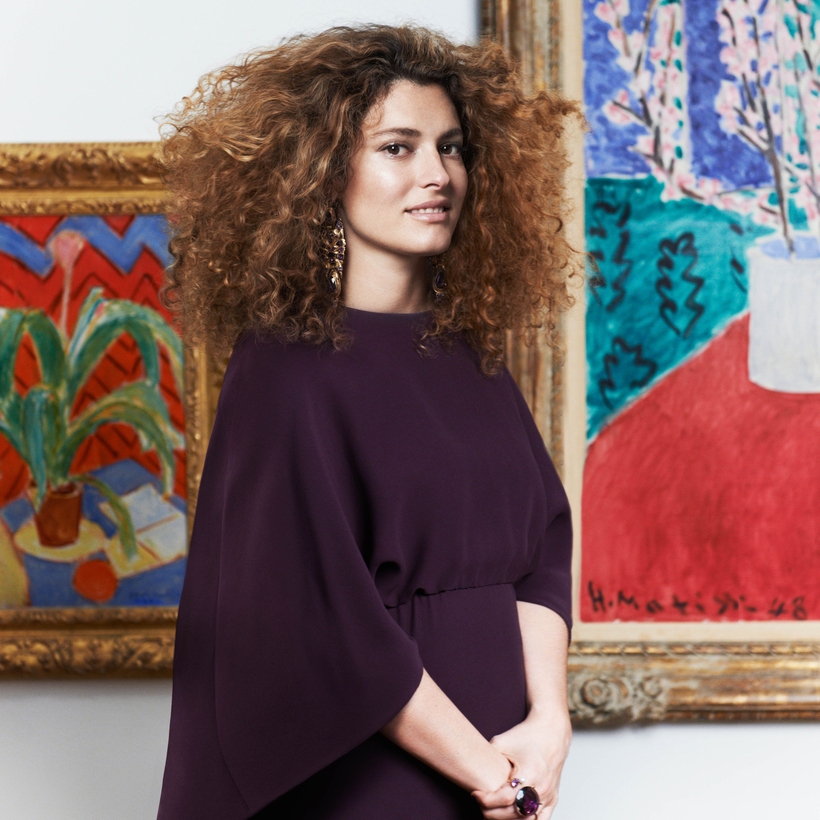Set in Italy and France in the early 1990s, Magari opens on an eight-year-old girl in church. According to her mother’s recently adopted Orthodox Catholic tradition, Mass must be taken on an empty stomach, so Alma is hungry, dreaming of a chocolate croissant before admonishing herself to pay attention to the services. Right away, the film’s theme is announced: the gap between things as we wish they were and things as they are. Its attitude toward this disjunction is summed up in the title, which means “I wish.”
Each member of Alma’s family is, in one way or another, in flight from reality. Though her parents divorced when she was one—she’s never actually seen them together except in a picture from a photo booth, which she cherishes like a splinter of the True Cross—Alma believes they are destined to re-marry. Then there’s her brother, the diabetic Jean, who tells his siblings that he is a cyborg like his hero, Steve Austin, also known as the Six Million Dollar Man; her mother, Charlotte, a zealous convert to her new husband’s ascetic faith; and her father, Carlo, a filmmaker who’s been tinkering for several years on a script which may never be produced. Only her 14-year-old brother, Seb, has his feet on the ground, and he’s beginning to resent it.


